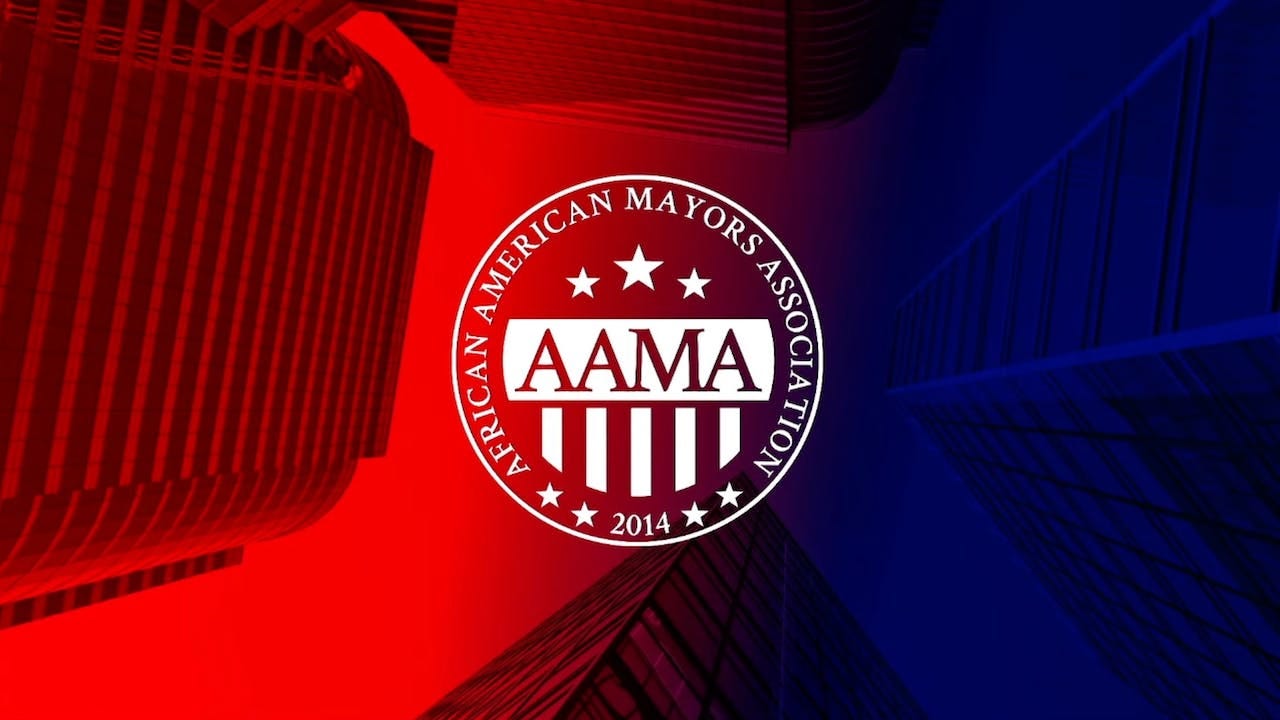Black Mayors Support Federal Investment in 1890 HBCUs
The African American Mayors Association (AAMA) submitted a letter to the Chair of the Senate Committee on Agriculture, Senator Debbie Stabenow and the Chair of the House Committee on Agriculture, Rep. Glenn "GT" Thompson to support increased federal funding for Land Grant HBCUs in the 2023 Farm Bill and ensure that resources are fairly distributed to ensure that we adequately invest in our 19 Historically Black Colleges and Universities (“HBCUs”).
As mayors who represent cities home to many of the country’s Land Grant HBCUs, AAMA members believe that the 2023 Farm Bill can help our Land Grant HBCUs overcome decades of systemic underfunding and become the focal point for driving meaningful partnerships, empower the communities that we serve, and improve opportunities for Americans all over the country. According to the Century Foundation, between fiscal years 2011 and 2022 alone, Black land-grant universities lost nearly $200 million in resources because states declined to provide matching funds while they fully funded their white land-grant universities.
“In the wake of the Supreme Court’s decision to overturn affirmative action, it has become even more critical to ensure proper funding of our HBCUs and provide the resources for Black students to succeed,” said Baton Rouge, LA Mayor-President Sharon Weston Broome. “We are hopeful that with the passage of this 2023 Farm Bill, Congress can change course and support our Land Grant HBCUs by clarifying the historic ambiguity and ensuring that federal law does not give licensing to discriminatory state funding.”
Land Grant HBCUs play an important role in producing the next generation of Black STEM leaders and enhancing prosperity for Black farmers and the communities that AAMA’s member mayors lead that are supported by our Land Grant HBCUs. AAMA is confident this funding would be a monumental step forward in ensuring that 1890 Institutions can maximize their economic potential and contributions that support the local economies we lead and the regions that call our institutions home.





